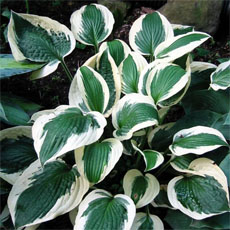Mammillaria Species, California Fishhook Cactus, Strawberry Cactus
Mammillariadioica
Synonym
Ebnerella
dioica
Chilita
dioica
Mammillaria
rectispina
Mammillaria
fordii
Mammillaria
dioica var. incerta






















































This sun-loving fishhook cactus is native to coastal Baja California. Found in rocky scrub areas along with ferocactus, dudleyas, Agave ...Read More
More synonyms of this plant are: Mammillaria dioica var dioica, Chilita fordii & Neomammillaria dioica